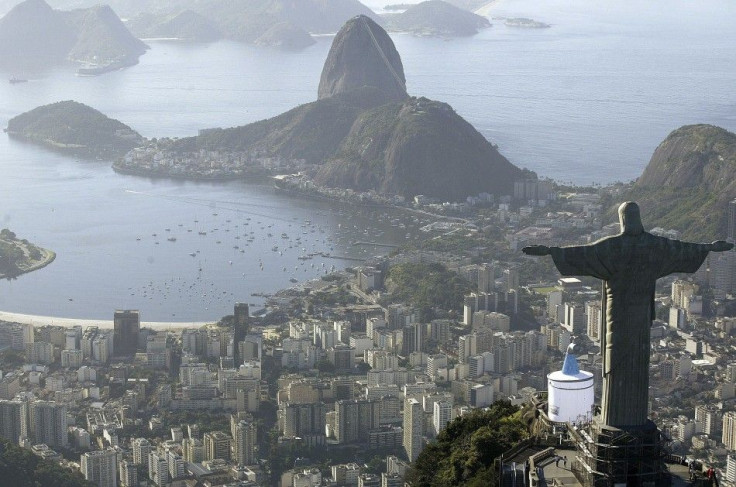Brazil’s Unemployment Rate Edges Up in September, But Still Near Historic Lows

Brazil is not having the best of years. As international analysis firms predict a slower-than-usual economic growth for the country, unemployment has, timidly, but steadily, edged up to 5.4 percent in September from August. The Instituto Brasileiro de Geografia e Estatística (Brazilian Institute of Geography and Statistics, or IBGE) revealed the numbers on Thursday -- despite the loss of 31,000 jobs since August, IBGE stated that the jobless rate remains where it was in September 2012.
The total number of unemployed people in Brazil reached 1.3 million, concentrated in the six major cities of Sao Paulo, Rio de Janeiro, Porto Alegre, Brasilía, Belo Horizonte and Salvador (with the latter city particularly hit hard). According to IBGE, the average unemployment rate for the first nine months of 2013 amounted to 5.6 percent – very similar to the 5.7 percent average recorded for 2012. Nonetheless, the jobless rate in the worlds second biggest emerging market remains near historic lows.
“This year is very similar to 2012 and it is starting to show signs that it will close in similar terms. Our job market is not generating positions right now,” read the IBGE report. But Brazilian economist Mariana Hauer, from local bank ABC Brasil, said the job market is stable. “We can say that September’s scenario is pretty positive. There is no real increase on the unemployment rate,” she said.
A flattening of the jobless rate would appear to coincide with analysts’ forecasts of tepid economic growth. Earlier this month, Brazil’s central bank cut its 2013 growth forecast to 2.5 percent from 2.7 percent. Reuters reported that Moody’s estimates that the Brazilian economy will grow by 2.5 percent in each of 2013 and 2014, as evidenced by low investment rates and poor infrastructure, according to Moody’s senior credit officer Mauro Leos. “Four years of low-trend growth: that is something to pay attention to,” he said. “It is a very long cycle.” "Even though there are signs that the Brazilian economy may be starting to recover, Moody's view is that, if and when the upturn materializes, it is unlikely that it will be strong enough to restore a positive trend in Brazil credit metrics,” Leos added.
Low growth hurts tax revenues, limiting the room for stimulus measures and potentially increasing debt over time, reported Reuters. Inflation is also a concern. “Inflation pressures persist in Latin America’s largest economy and threatens to damp consumption, making interest rate increases ‘appropriate,’” said the IMF in a report.
However, even in a climate of worsening labor strife and riots over poor public services, the Brazilian economy somehow continues to hum along. “Brazil’s economy is in a self sustaining expansion,” Bill Adams, senior international economist for PNC Financial Services Group in Pittsburgh told Forbes magazine. “A tight labor market fuels persistent wage gains even in a slow economy, and these wage gains fuel higher consumer purchasing power and domestic demand and sustain economic growth.”
© Copyright IBTimes 2024. All rights reserved.











